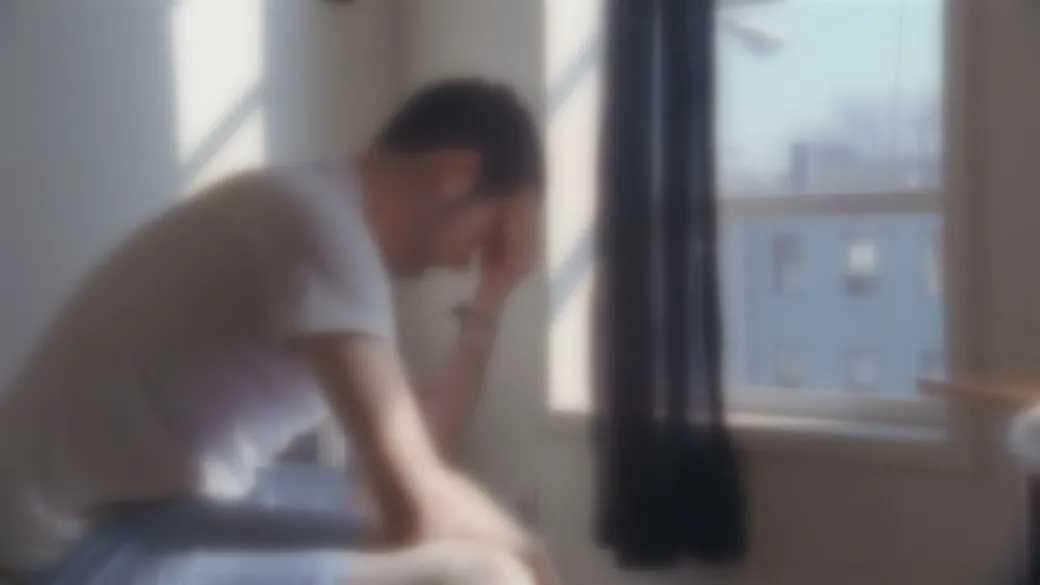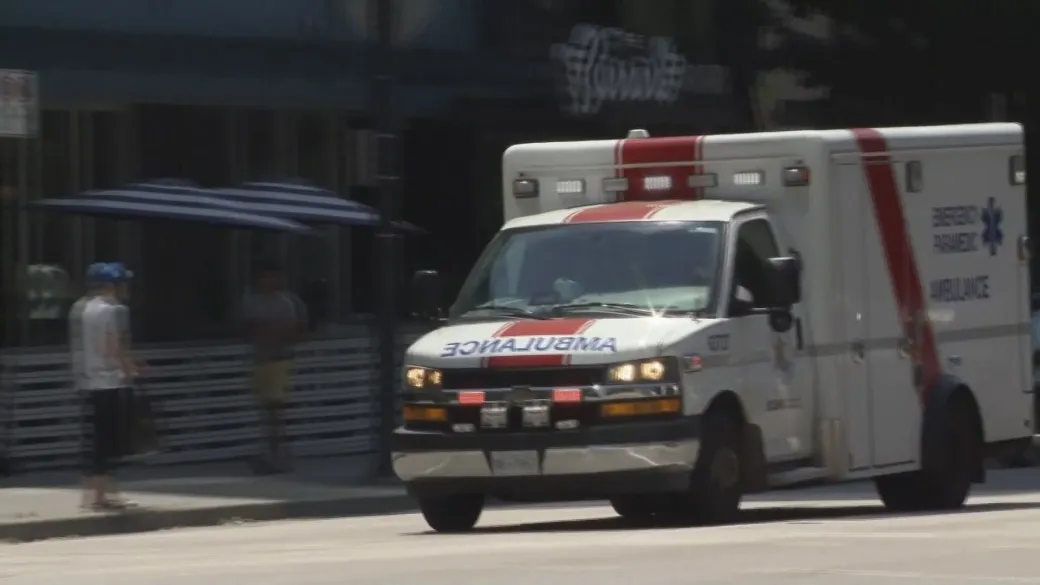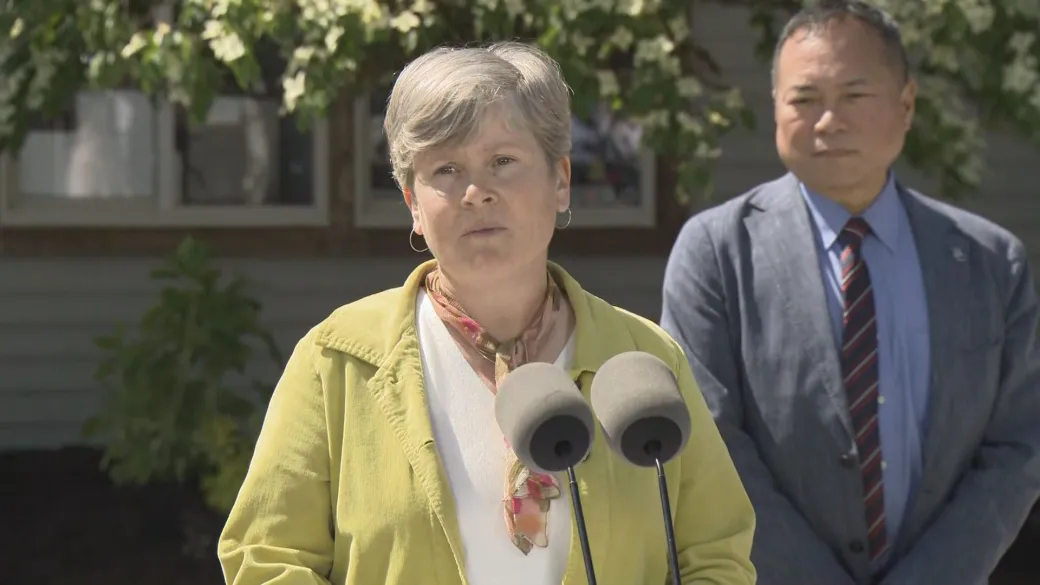British Columbia’s first involuntary treatment facility for people who are not in the criminal justice system will begin accepting patients as early as this month, the province says.

The Alouette Homes facility in Maple Ridge is equipped with 18 beds and will take patients with “severe and persistent mental-health disorders, often combined with other challenges, such as addictions and brain injuries, which may impact their behaviour and ability to interact safely with others,” according to the Ministry of Health.

Patients will have to meet the criteria for involuntary treatment under the Mental Health Act.
“We want to ensure people are getting the right care, especially when they are unable to make that decision for themselves,” Health Minister Josie Osborne said. “These beds are a vital part of government’s work to build a continuum of care that works for everyone.”
The facility, which is being operated in partnership with Vancouver Coastal Health and the Connective Support Society, could be transferred to the homes this month, according to the ministry.
Dr. Daniel Vigo, B.C.’s chief scientific advisor for psychiatry, toxic drugs and concurrent disorders, called the facility a “first-of-its-kind” service in B.C.
The homes will provide patients with individualized treatment and psychosocial support in a “home-like environment,” he added.
“Before these homes, there was no housing alternative for them, due to the extreme complexity of their mental and substance-use disorders, so they were stuck in high-security hospital units indeterminately.”
Vigo said the facility is designed to accept people who have been receiving long-term treatment in hospitals, and who have reached a point of stability that is “still unmanageable by a supportive housing or by any other form of care.”
“Now they can live here in a humane manner,” he said, getting one-on-one treatment so that “at some point they can aspire to scale down.”

In April, the province announced a new involuntary treatment centre in the South Fraser Pretrial Centre, which will focus solely on people who are already in the justice system.
The province says it is also working to add mental health beds at hospitals around the province, which could accept patients for involuntary treatment.
In March, the province released guidelines for when doctors can prescribe involuntary treatment.
The 11-page guidance document lays out a trio of scenarios under which someone can be treated involuntarily under the Mental Health Act, all of them involving mental impairment.
The law does not, otherwise, permit doctors to use involuntary treatment to stop someone’s “risky decision-making or override the person’s harmful or self-harmful behaviour.”
There have been growing calls to expand the use of involuntary treatment as the province grapples with ongoing drug and mental health crises, along with growing public pressure about street crime and disorder.

BC Conservative public safety critic Elenore Sturko said the 18 beds announced Tuesday were “very inadequate when it comes to the scope of people and the number of people who currently need to have more supportive care under the Mental Health Act.“
“This is a drop in the bucket compared to the number of resources that we need, I don’t think that it goes far enough,” she said.
“And again, these are beds that rely upon someone being certified under the Mental Health Act to get this type of care, but we see time and again that there are people who need this kind of care and are not certified under the Mental Health Act.“
Sturko argued the province needs new legislation that will allow it to impose involuntary treatment on people who are a danger to themselves of others, specifically as a result of drug addiction.
“We know that 18 beds isn’t going to cut it,” she said.
Vigo acknowledged that people who have not been certified under the Mental Health Act won’t receive involuntary treatment in B.C.
“Nor should they,” he said.
“Folks who don’t have a severe mental illness, a severe addiction and a severe acquired brain injury that puts them above the threshold of sec. 22 of the MHA do not receive involuntary care in the province, they have voluntary care options.”
He also responded to concerns about oversight of the treatment, given that patients are potentially being held against their will.
He said that oversight will be provided by the B.C. Review Board and that patients will have rights advisors.
“My office is working very closely with physicians across the province to ensure we are using the Mental Health Act correctly in a therapeutic manner, which is what is intended,” he said.
“And the province has a very robust system of safeguards to ensure people who are receiving care under the act have their rights protected and are not receiving care that is inappropriate or unwarranted.”
Federal Health Minister Marjorie Michels said Tuesday there is no evidence that forcing people into addicitons treatment works, but that she would not intervene in the province’s decisions about the practice.
More to come…
Heart health is crucial for overall well-being. Learn how to keep your heart healthy with these simple lifestyle changes, expert tips, and the latest medical advancements.